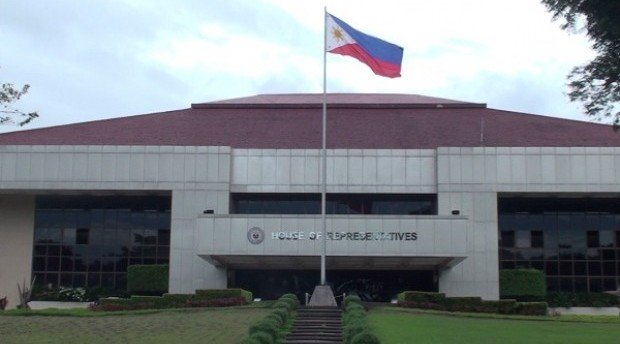
House of Representatives. INQUIRER.net FILE PHOTO
MANILA, Philippines — The House of Representatives approved on Monday on final reading the bill seeking to promote the rights of deserted or abandoned children with unknown parents and protecting their status as natural-born citizens of the country.
With 220 affirmative votes, the lower chamber approved House Bill No. 7679 or the “Foundling Welfare Act.”
According to the bill, a foundling refers to a deserted or abandoned child-of unknown parentage and whose date or circumstances of birth on Philippine territory are unknown and undocumented.
“A foundling is a natural-born Filipino citizen regardless of the status or circumstances of birth. As natural-born citizen of the Philippines, a foundling is accorded with rights and protection at the moment of birth as those belonging to such class of citizens whose citizenship does not need perfection or any further act,” the bill states.
The bill also secures for all foundlings all rights entitled to them as Filipinos such as equal access to government programs and services, including, facilitation of documents for adoption, education, legal and police protection, and to basic social services such as education, healthcare and nutrition.
Under the proposed measure, the Department of Social Welfare and Development (DSWD), including all accredited DSWD child-caring centers and licensed and accredited social welfare agencies are directed to conduct proactive and diligent search and inquiry into the facts of birth and parentage of abandoned children or infants.
Further, the bill also provides for the procedure for the issuance of certificate of live birth to foundlings by the Philippine Statistics Authority.
Section 10 of the bill also provides penalties for persons who would use the status of a child as foundling in a derogatory manner or who would cause dishonor to a foundling as a second-class citizen, and those who would discriminate against foundlings in terms of education, scholarship, practice of profession, and services.
“This proposed measure seeks to assert that the most vulnerable among us deserve our respect, care and empathy. It intends to protect and uphold the rights of children regardless of the status of their birth and whether or not their parentage is known,” Tingog Rep. Yedda Marie K. Romualdez, who chairs the House Committee on Welfare of Children and sponsor of the measure in the plenary, said in a statement.
“The fact that foundlings are not be issued Birth Certificates has left on them a stigma that they carry all their lives and has resulted even in discrimination, especially when a Birth Certificate is required when enrolling for school admission, applying for jobs and even in being issued a passport,” Romualdez added.
Meanwhile, Ang Probinsiyano Rep. Ronnie Ong who is the principal author of the measure, said the present laws require children whose parentage are unknown to present physical proof of blood relation to a Filipino parent before he or she is considered a natural-born citizen.
These legal barriers, Ong said placed foundlings at a disadvantage position and tremendously disenfranchise them, tantamount to denying their full rights bestowed upon all Filipino children.